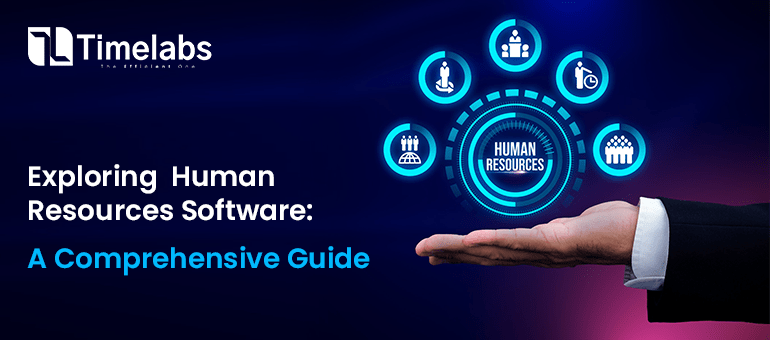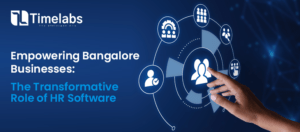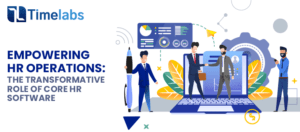The modern workplace has witnessed a remarkable transformation, with technology playing an increasingly vital role in optimizing human resource (HR) operations. As businesses navigate the complexities of the digital age, the emergence of robust HR software solutions has revolutionized the way organizations manage their most valuable asset – their people. From streamlining administrative tasks to enhancing employee engagement, these innovative platforms have become indispensable tools in the pursuit of organizational efficiency and strategic HR management.
The Evolving Landscape of HR Software
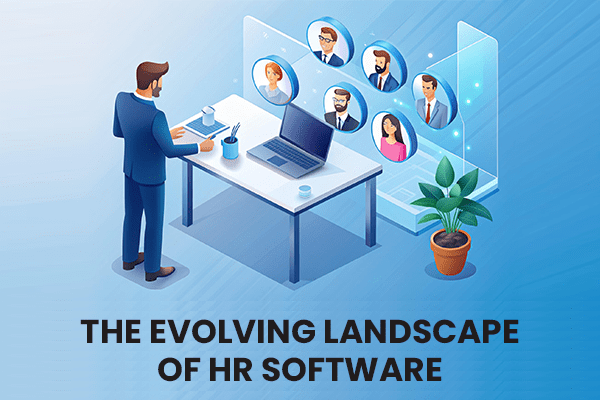
The evolution of HR software has been a dynamic journey, reflecting the changing needs and priorities of the modern workforce. In the 1990s, the initial iterations of HR platforms focused primarily on basic employee data management, payroll processing, and compliance-related functions. As the new millennium dawned, the scope of HR software expanded to encompass a broader range of capabilities, including recruitment, performance management, and learning and development.
The proliferation of cloud-based technologies in the 2010s ushered in a new era of HR software, enabling remote accessibility, scalability, and seamless integration with other enterprise systems. This shift empowered HR professionals to leverage data-driven insights, automate routine tasks, and provide a more personalized employee experience.
Today, the HR software landscape continues to evolve, with emerging technologies like artificial intelligence (AI), machine learning, and blockchain poised to reshape the future of workforce management. These advancements promise even greater efficiencies, enhanced data security, and more personalized employee-centric solutions.
Understanding the Types of HR Software
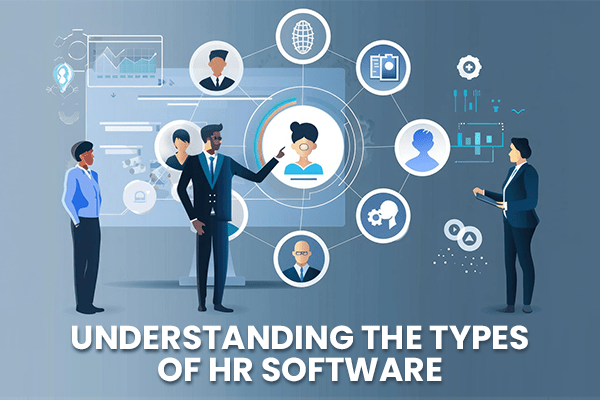
As the HR software market has matured, several distinct categories have emerged, each catering to specific organizational needs. These include:
HR Information Systems (HRIS)
HRIS platforms serve as the foundation for managing employee data, facilitating tasks such as onboarding, payroll, benefits administration, and compliance. These systems provide a centralized repository for all employee-related information, enabling HR teams to access and maintain records efficiently.
Human Capital Management (HCM) Systems
HCM software takes a more holistic approach, focusing on the entire employee lifecycle – from recruitment and talent management to performance evaluation and succession planning. These platforms aim to optimize workforce development, enhance employee engagement, and align HR strategies with broader business objectives.
HR Management Systems (HRMS)
HRMS solutions specialize in the day-to-day operational aspects of HR, streamlining tasks such as time and attendance tracking, leave management, and employee self-service. By automating these administrative functions, HRMS platforms free up HR professionals to focus on more strategic initiatives.
Key Features of HR Software
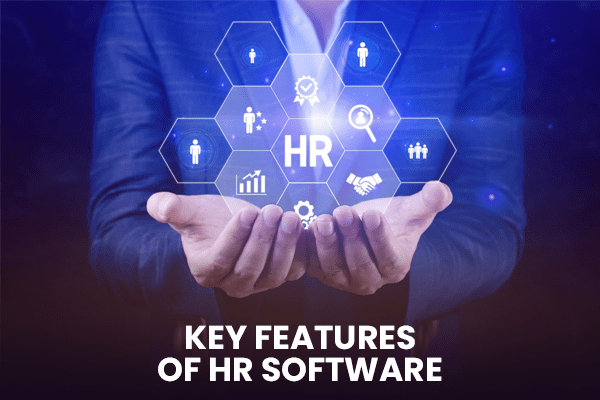
Regardless of the specific category, modern HR software solutions offer a range of features designed to enhance organizational efficiency and employee experience. These include:
Administrative Management
HR software excels at automating and centralizing routine administrative tasks, such as employee data management, time and attendance tracking, leave management, and document storage. By digitizing these processes, HR teams can reduce manual effort and ensure data accuracy.
Talent Management
Talent management capabilities within HR software facilitate the entire employee lifecycle, from recruitment and onboarding to performance evaluation and succession planning. These tools help organizations attract, develop, and retain top talent.
Payroll and Benefits
Integrated payroll and benefits management features ensure accurate and timely compensation, while also simplifying the administration of employee-related benefits, such as health insurance and retirement plans.
Compliance
HR software plays a crucial role in maintaining regulatory compliance, with features like policy distribution, audit trails, and workflow reminders. These functionalities help organizations stay up-to-date with ever-evolving labor laws and industry regulations.
Employee Self-Service
Employee Self Service portals empower employees to independently manage various HR-related tasks, such as updating personal information, requesting time off, and accessing pay stubs. This enhances the employee experience and reduces the administrative burden on HR teams.
The Benefits of Implementing HR Software
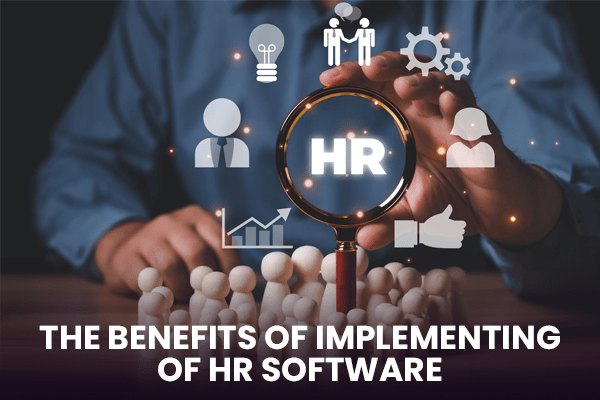
The adoption of HR software has unlocked a multitude of benefits for organizations, transforming the way they manage their workforce. These advantages include:
Improved Efficiency
By automating repetitive tasks and streamlining administrative processes, HR software enables HR teams to allocate more time and resources towards strategic initiatives that drive business growth.
Enhanced Data Accuracy
Centralized data management and automated record-keeping minimize the risk of human error, ensuring the integrity and reliability of employee information.
Superior Employee Experience
The introduction of self-service features and user-friendly interfaces empowers employees to take control of their HR-related tasks, fostering a sense of autonomy and engagement.
Cost Savings
Reduced paperwork, decreased manual data entry, and improved workforce productivity translate into tangible cost savings for organizations.
Strategic Insights
HR software’s data analytics capabilities provide valuable insights that inform workforce planning, talent development, and other strategic HR decisions.
Selecting the Right HR Software
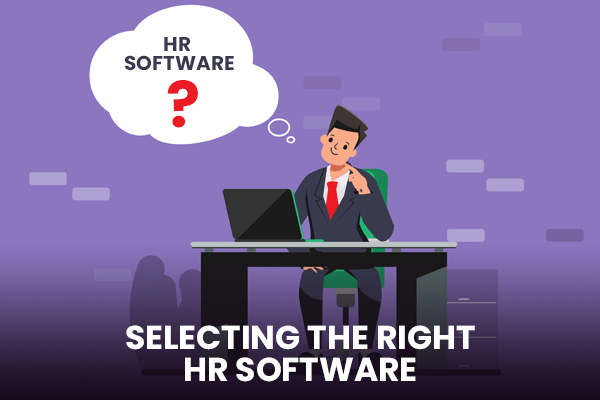
Choosing the appropriate HR software for your organization requires a careful evaluation of your specific needs and priorities. Key considerations include:
Assessing Organizational Needs
Begin by thoroughly analyzing your current HR processes, identifying pain points, and determining the core functionalities required to address your organization’s unique challenges.
Evaluation Criteria
When evaluating HR software options, consider factors such as user-friendliness, scalability, integration capabilities, customization flexibility, data security, and pricing models.
Top HR Software Platforms
Leading HR software solutions like Timelabs have distinct strengths and cater to the needs of organizations of varying sizes and industries.
Overcoming Implementation Challenges
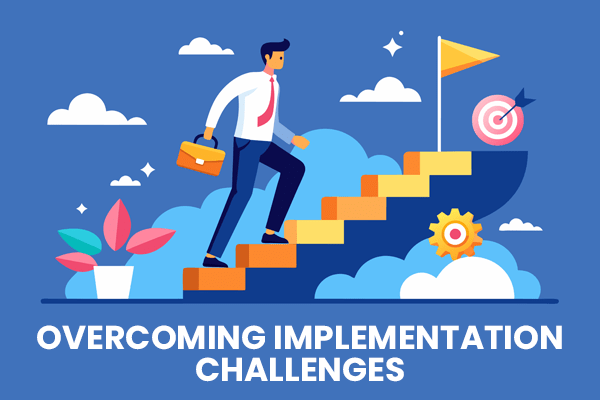
Implementing a new HR software solution can present various challenges, including user adoption, data migration, and ongoing support. Addressing these obstacles proactively can ensure a smooth transition and maximize the return on your investment.
User Adoption
Ensure comprehensive training programs, emphasize the benefits of the new system, and involve employees in the implementation process to foster buy-in and overcome resistance to change.
Data Migration
Carefully plan and execute the data migration process, addressing legacy data issues and thoroughly testing the integration between the new and existing systems.
Ongoing Support
Secure reliable vendor support, develop comprehensive self-service resources, and maintain the flexibility to adapt the system to evolving organizational needs.
The Future of HR Software

The HR software landscape continues to evolve, with emerging technologies poised to transform the way organizations manage their workforce. Key trends include:
Artificial Intelligence and Machine Learning
AI-powered HR software is enhancing predictive analytics, automating routine tasks, and delivering personalized recommendations to support more strategic HR decision-making.
Blockchain Technology
Blockchain-based HR solutions are improving data security, streamlining record-keeping, and enabling secure data sharing to enhance transparency and compliance.
Remote Work Integration
As the global workforce becomes increasingly distributed, HR software is adapting to support virtual onboarding, remote performance management, and online learning and collaboration.
Conclusion
The adoption of HR software has become a strategic imperative for organizations seeking to optimize their workforce management and unlock new levels of efficiency and employee engagement. By leveraging the power of technology, HR professionals can now focus on more strategic initiatives that drive business growth and create a thriving work environment.
As the HR software landscape continues to evolve, organizations must stay attuned to the latest trends and be willing to embrace innovative solutions that align with their unique needs and aspirations. By doing so, they can position themselves for success in the ever-changing world of work, empowering their most valuable asset – their people.
